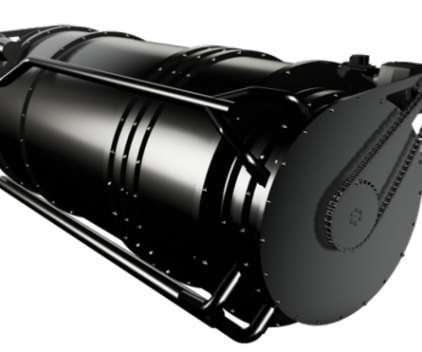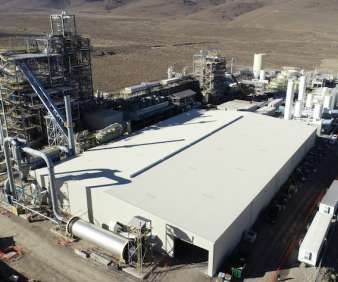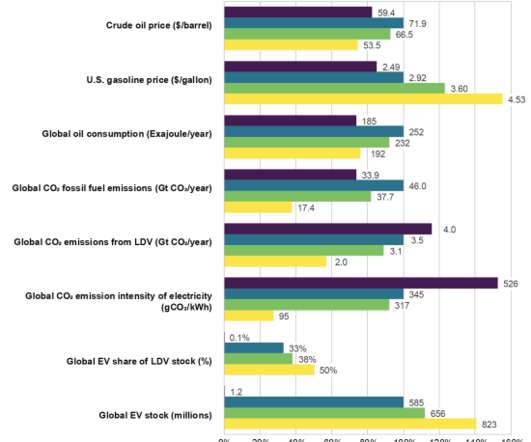New international Climate and Clean Air Coalition to focus on reduction of short-lived climate pollutants
Green Car Congress
FEBRUARY 16, 2012
Global benefits from full implementation of measures for reduction of short-lived climate pollutants in 2030 compared to the reference scenario. The climate change benefit is estimated for a given year (2050) and human health and crop benefits are. for 2030 and beyond. Source: UNEP. Click to enlarge. Earlier post.).




































Let's personalize your content